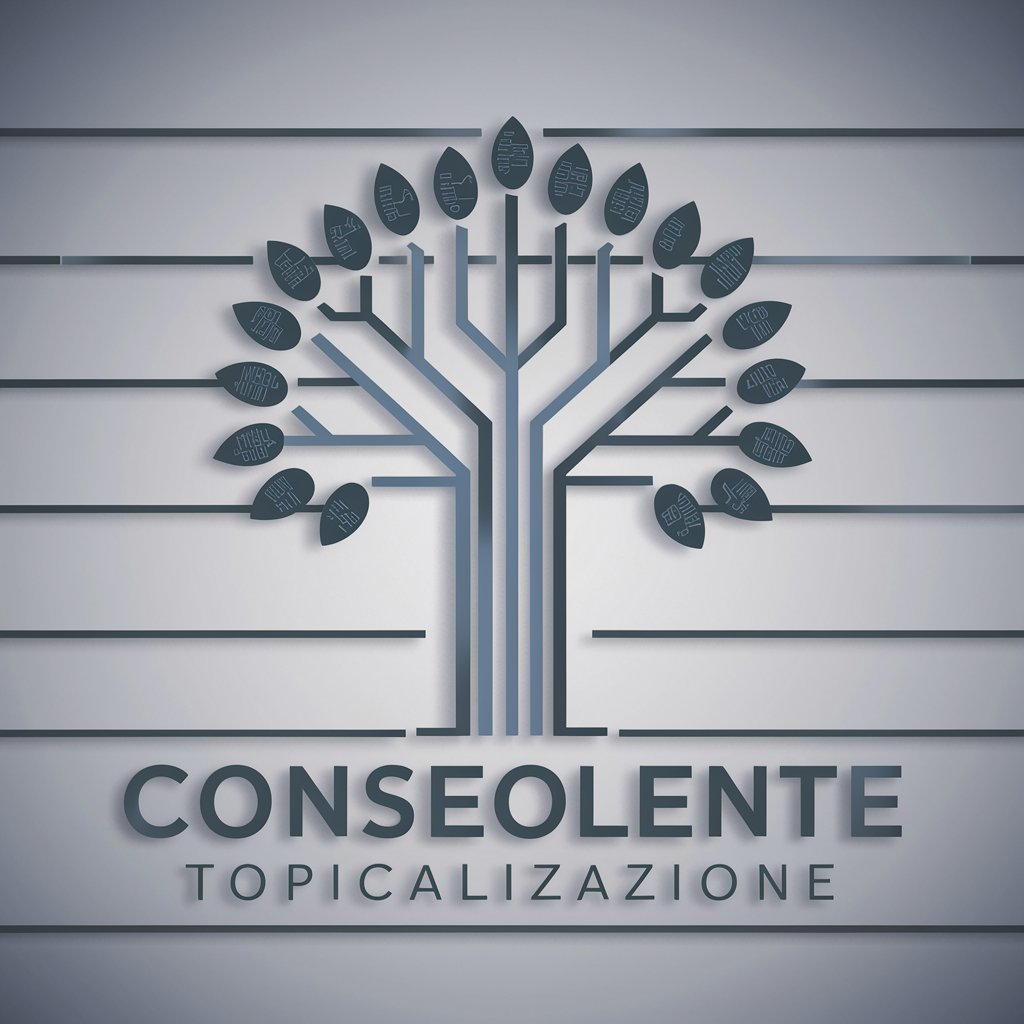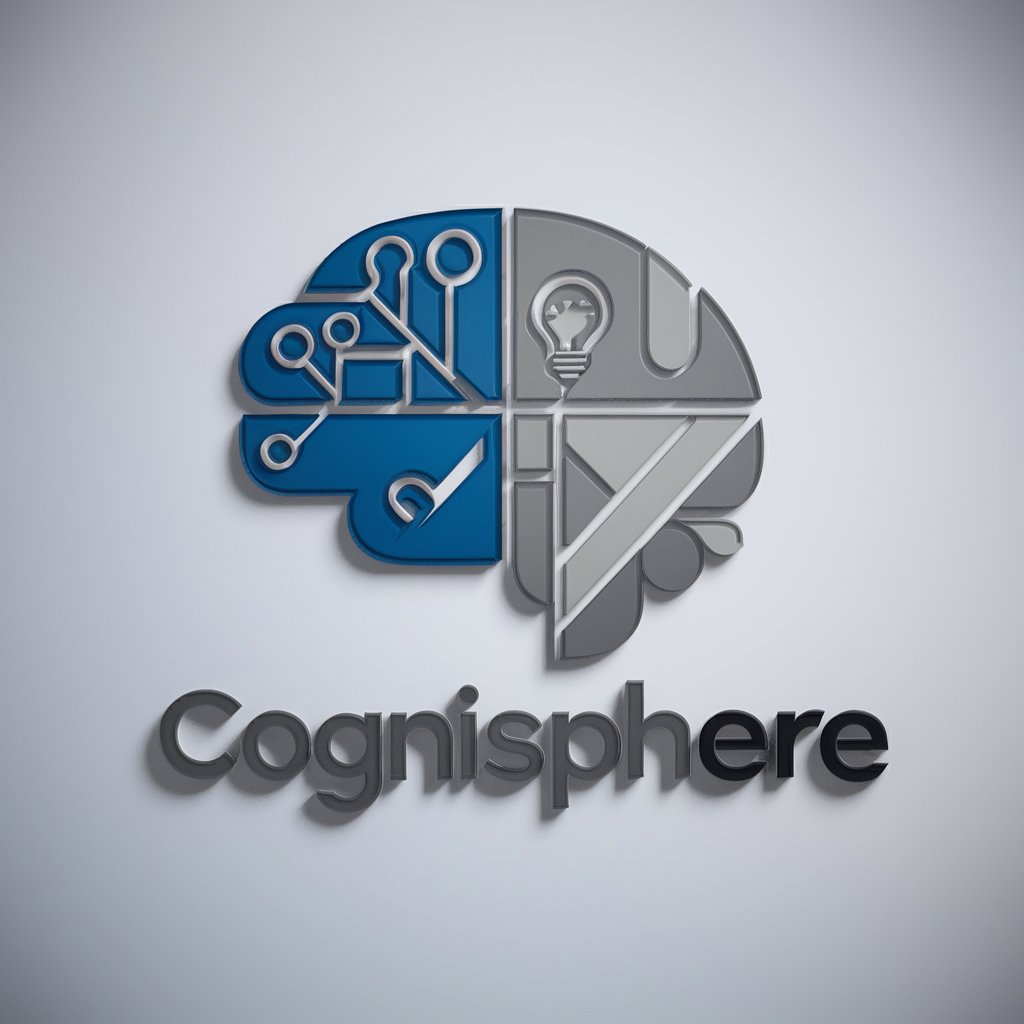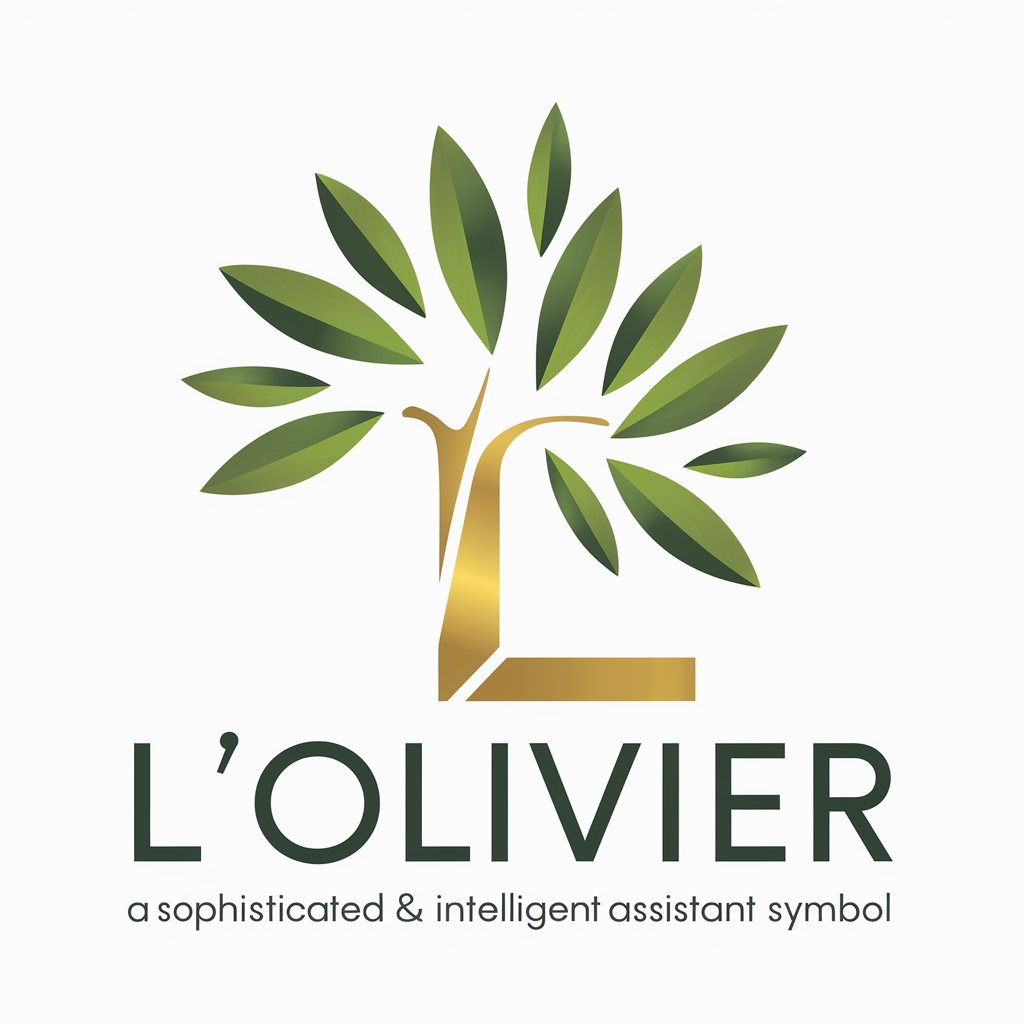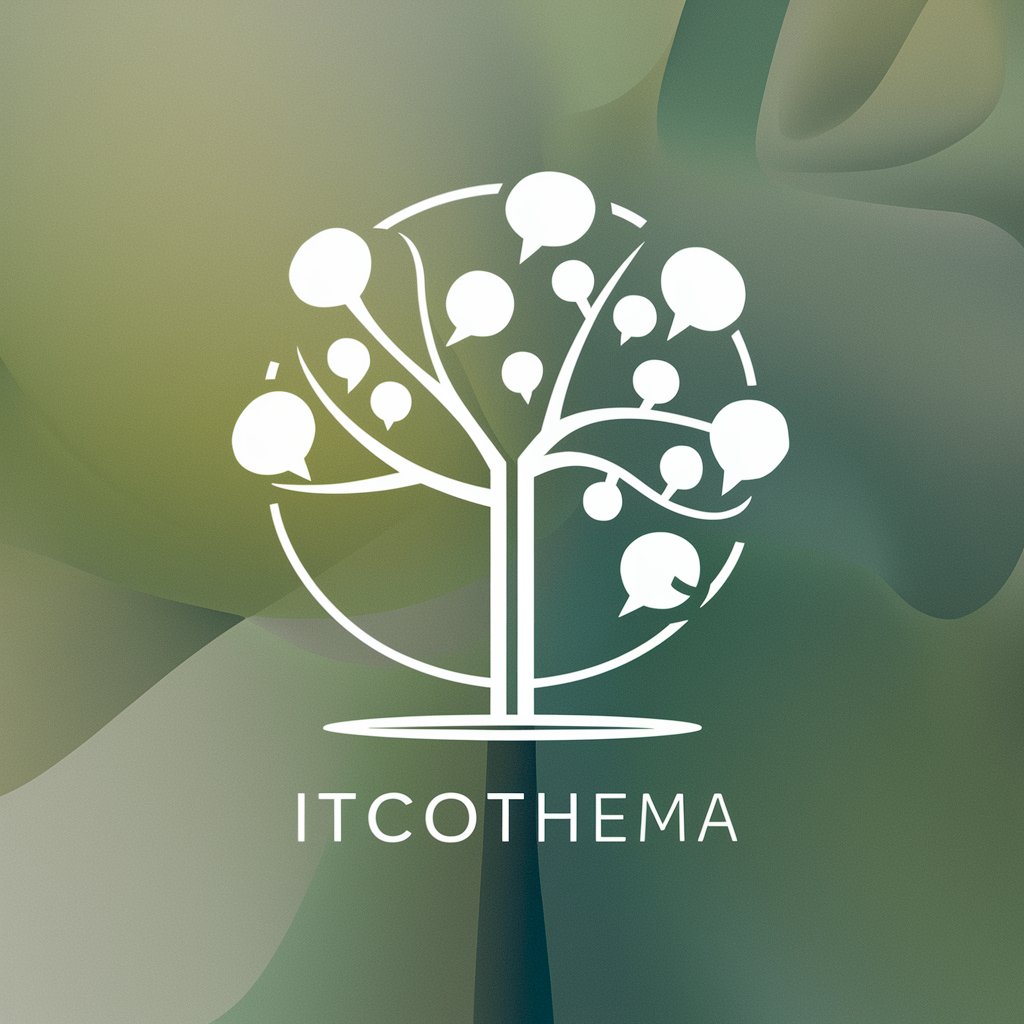
Cocoon semantique - Structured Content Enhancement

Welcome to expert SEO and content creation guidance!
Optimize content with AI-driven insights
Create a comprehensive guide on...
Develop a step-by-step strategy for...
Analyze the latest trends in...
Provide detailed insights on...
Get Embed Code
Introduction to Cocoon Semantique
Cocoon Semantique, often referred to as 'Semantic Cocoon' in English, is a strategic approach to website content organization and SEO optimization. It involves structuring a website's content into tightly interlinked clusters around specific themes or topics. This methodology is designed to improve a website's SEO performance by enhancing topical relevance, user navigation, and content discoverability. The core idea is to create a web of content that supports the main theme or subject area, with each piece of content linking to other related content within the same cluster. This not only helps search engines understand the website's content more effectively but also provides a better user experience. For example, in an e-commerce site selling sports equipment, a cocoon semantique might include clusters for different types of sports like basketball, soccer, and tennis. Each cluster would contain interlinked articles on topics such as equipment guides, player tips, and product recommendations. Powered by ChatGPT-4o。

Main Functions of Cocoon Semantique
SEO Optimization
Example
Improving a website's ranking for specific keywords by organizing content into thematic clusters.
Scenario
For an e-commerce website, creating separate cocoons for 'men's running shoes' and 'women's running shoes' to target specific search queries more effectively.
Enhancing User Experience
Example
Facilitating easier navigation and content discovery for website visitors.
Scenario
On a tourism website, designing cocoons for different destinations (e.g., Paris, Tokyo, New York) with subtopics like accommodations, attractions, and dining, making it easy for users to find comprehensive information about a specific location.
Content Strategy Development
Example
Guiding the creation and distribution of content based on identified themes and keywords.
Scenario
For a B2B services website, developing a cocoon around 'digital marketing services' with content addressing SEO, PPC, content marketing, and social media strategies to attract businesses looking for comprehensive digital marketing solutions.
Competitive Analysis and Keyword Research
Example
Using tools like Semrush to identify keywords and gauge competition within specific cocoons.
Scenario
In real estate, analyzing keywords such as 'buying a home' or 'selling property' to create content clusters that address various aspects of the real estate process, distinguishing the website from competitors.
Ideal Users of Cocoon Semantique Services
SEO Professionals and Content Marketers
These individuals can leverage Cocoon Semantique to strategize and implement effective content organization and SEO practices, aiming to improve search engine rankings and user engagement.
Website Owners and E-commerce Retailers
This group benefits from using Cocoon Semantique by structuring their online presence in a way that enhances discoverability and relevance in search engines, directly impacting their visibility and sales.
Digital Marketing Agencies
Agencies can adopt Cocoon Semantique as part of their SEO and content marketing services to offer clients advanced strategies for improving online visibility and engagement.
Bloggers and Content Creators
Individuals focused on building authority and audience engagement in specific niches can use Cocoon Semantique to organize their content more effectively, ensuring that it resonates with their target audience and search engines.

How to Use Cocoon Semantique
Start Free Trial
Access yeschat.ai for a complimentary trial experience without the need for login or subscribing to ChatGPT Plus.
Define Goals
Identify and outline your specific goals for using Cocoon Semantique, such as enhancing SEO, content creation, or improving website structure.
Keyword Research
Utilize tools like Semrush to conduct thorough keyword research relevant to your sector, identifying high-opportunity keywords.
Structure Your Content
Organize your content into a semantic cocoon structure, linking related topics through internal links to enhance topical relevance and SEO.
Analyze and Optimize
Regularly analyze your content's performance using analytics, and optimize based on insights to improve search engine rankings and user engagement.
Try other advanced and practical GPTs
Aftermath AI
Empowering creativity and learning in a post-apocalyptic world.

Trend Master
Harness AI for Trendspotting and Engagement

International Relations GPT
Empowering Global Insights with AI

IntendGPT
Empowering interactions with AI innovation.

Gold Coins
Empowering Gold Investments with AI

Wind Energy
Harnessing the breeze, powering the future.

爆款文案操盤手
Crafting Viral Content with AI
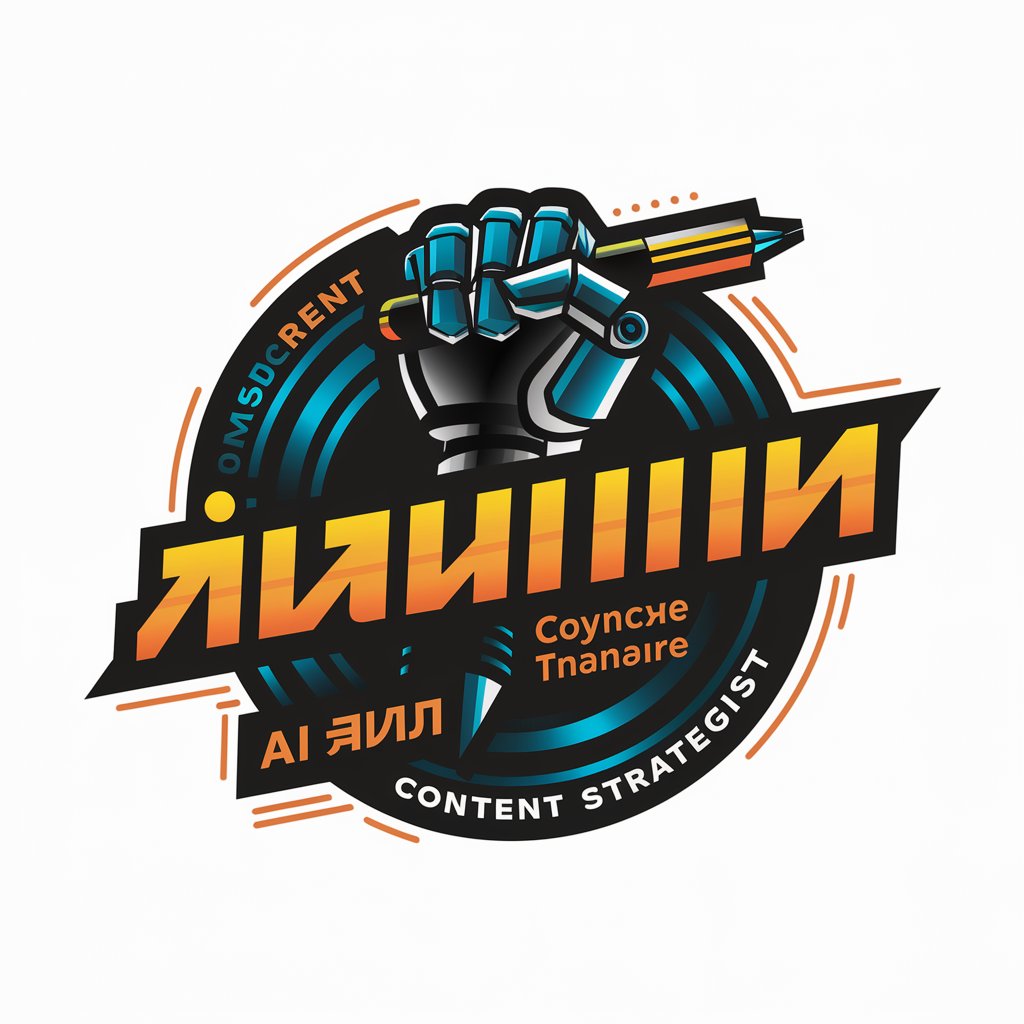
Mister Editor
Elevate Your Writing with AI-Powered Editing

Child Safety
Empowering safer childhoods with AI
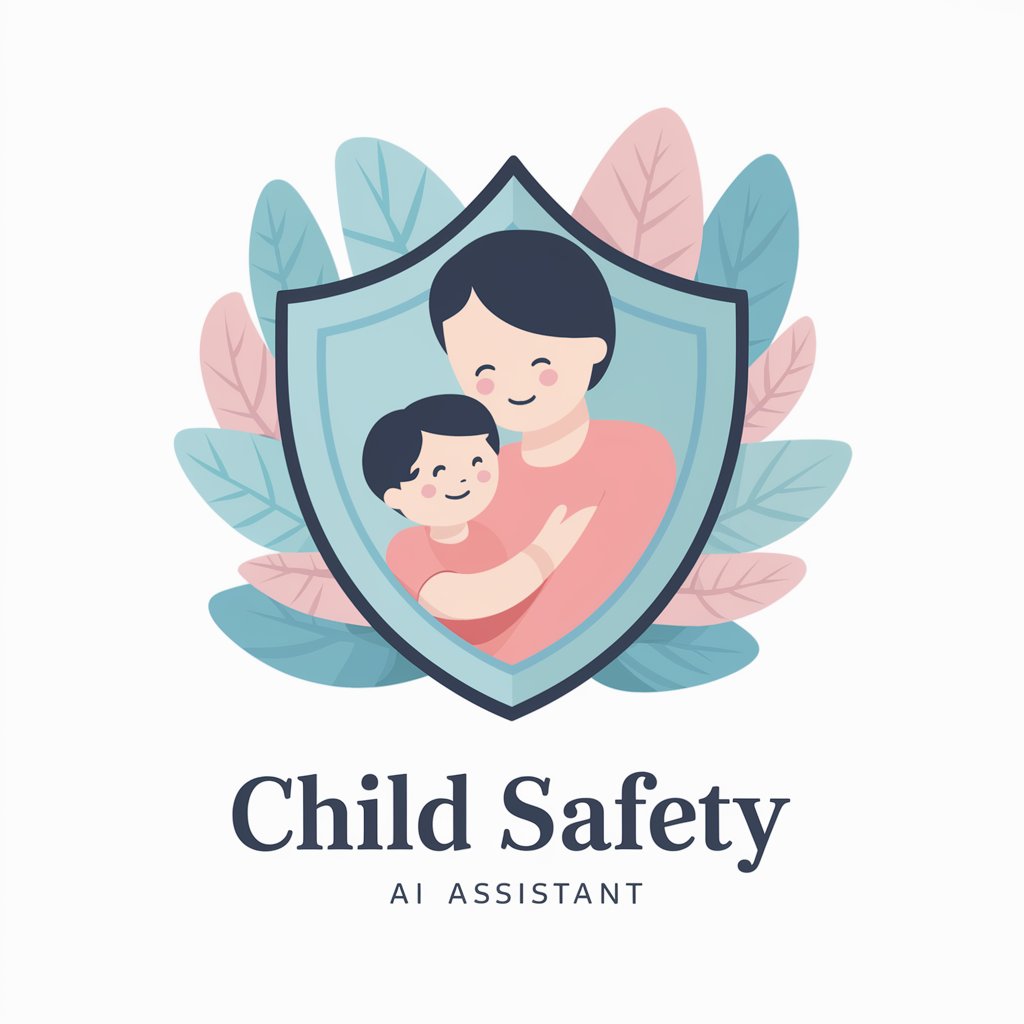
Friday
Elevate Every Day with AI

Printing
Empowering your creativity with AI-driven printing solutions.
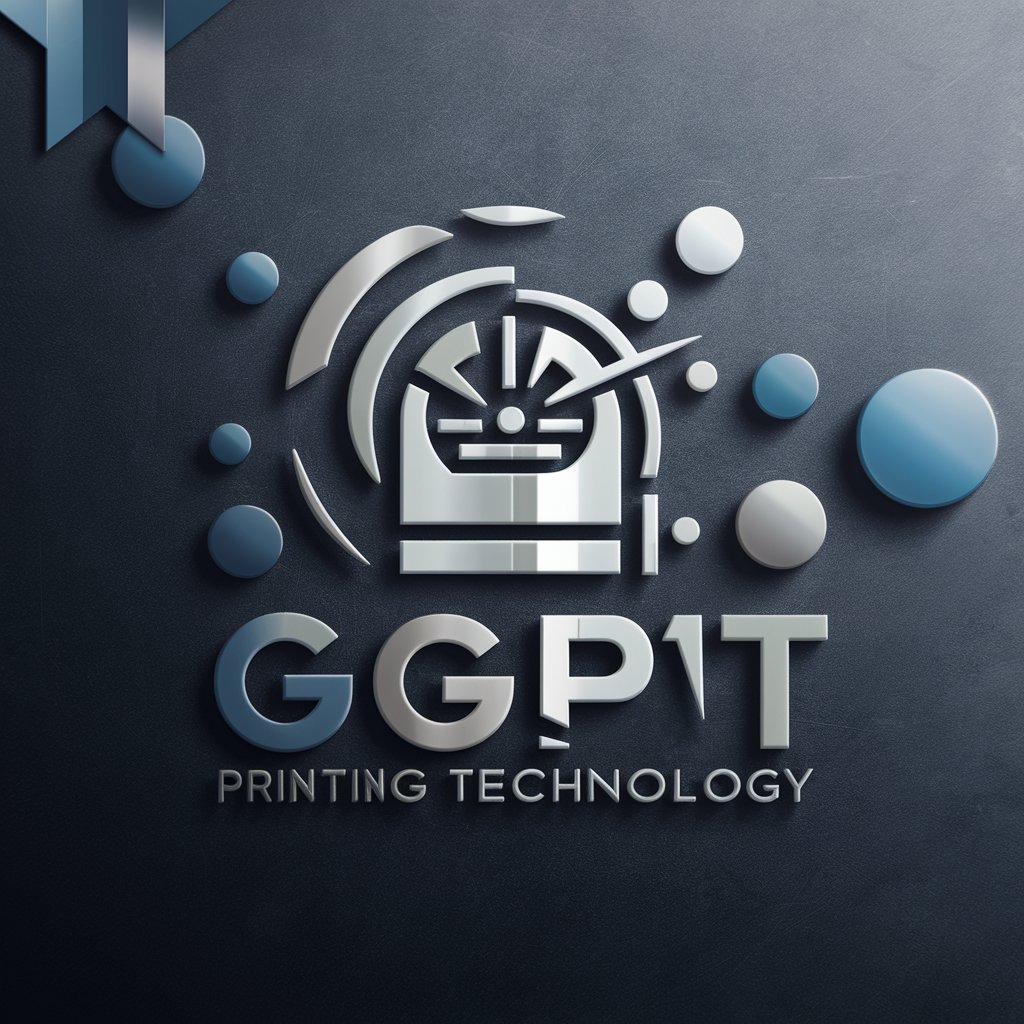
Biblical Study Planner
AI-Powered Bible Study Customization

Cocoon Semantique FAQs
What is Cocoon Semantique?
Cocoon Semantique is a strategic approach to organizing website content. It structures information into tightly-knit clusters of related topics to enhance SEO and provide a more cohesive user experience.
How does Cocoon Semantique improve SEO?
By organizing content into related clusters, it increases the site's topical authority, improves internal linking, and enhances the user experience, leading to better search engine rankings.
Can Cocoon Semantique be used for any website?
Yes, it's versatile and can be applied across various industries, from e-commerce to academic writing, making it suitable for any website looking to improve its SEO and content organization.
What tools are needed for implementing Cocoon Semantique?
Keyword research tools like Semrush, analytics tools to monitor performance, and a content management system (CMS) to structure and publish your content effectively.
How often should I review my Cocoon Semantique strategy?
Regular reviews are crucial. It's recommended to analyze your content's performance quarterly to identify opportunities for optimization and adjustment to your strategy.
